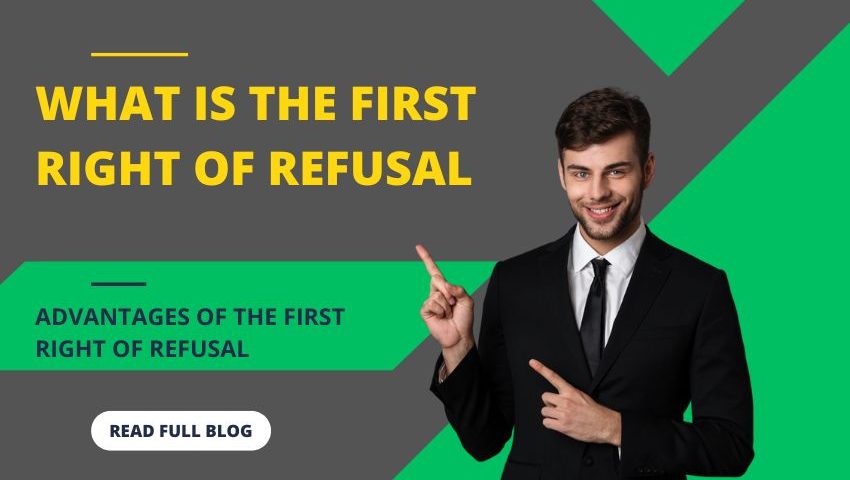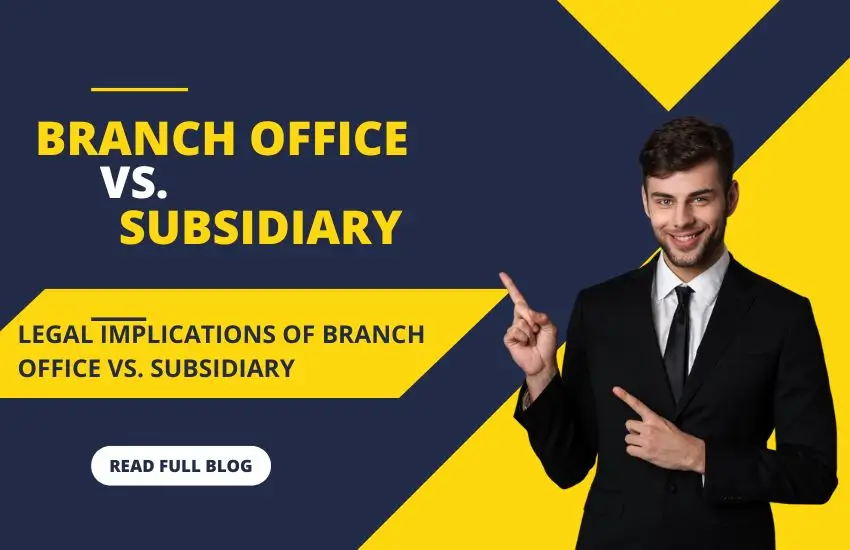What Is First Right of Refusal (FROF), and How Does It Work?

Understanding the Cup and Handle Formation: A Comprehensive Guide
October 7, 2024
Cost-Plus Contract: Definition, Types, and Example
October 8, 2024The first right of refusal (FROR) is a legal term used in various contractual agreements, especially in real estate, business deals, and partnerships. It provides a party, typically referred to as the “holder” of the right, the opportunity to take an action—usually to purchase an asset—before the owner can sell it to someone else. This concept is designed to give the holder a priority advantage, allowing them to decide whether they want to proceed with the transaction before any third party gets the chance.
Let’s break down the concept in detail:
What is the First Right of Refusal?
The right of first refusal gives the holder the chance to buy a property, business share, or other assets on the same terms as a third-party offer before that offer can be accepted. If the holder declines, the owner is then free to accept the third-party offer.
How Does the First Right of Refusal Work?
When an owner decides to sell a property or asset that is subject to a first right of refusal, the process typically follows these steps:
- Owner Receives an Offer – The owner gets a bona fide offer from a third party to purchase the asset.
- Notifying the Holder – The owner is required to notify the holder of the first right of refusal about the third-party offer and its terms.
- Holder’s Decision – The holder then has a set amount of time to decide if they want to match the third-party offer and purchase the asset.
- Outcome – If the holder accepts, they proceed with the purchase. If they decline or fail to respond within the given timeframe, the owner is free to sell the asset to a third party.
Applications of the First Right of Refusal
The first right of refusal can be used in various fields, such as:
- Real Estate: A common example is when tenants or neighbors have the first right of refusal to purchase a property before the owner sells it to an outsider.
- Business Agreements: Shareholders in a company often have the first right of refusal if another shareholder wants to sell their shares.
- Franchise Agreements: Franchisees may have the first right of refusal to buy additional franchises in their area.
Advantages of the Right of First Refusal
- Priority: The holder gets the first opportunity to purchase the asset, giving them a competitive edge over other potential buyers.
- Control: The right allows the holder to control whether the asset is sold to a third party, which can be critical in partnerships or collaborative ventures.
- Negotiating Power: If the holder decides to purchase the asset, they can do so under the same terms as a third party, reducing the need to negotiate fresh terms.
Disadvantages of the First Right of Refusal
- Uncertainty for the Owner: For asset owners, the first right of refusal creates uncertainty, as they must wait for the holder to decide to move forward with a third-party buyer.
- Limited Scope for Buyers: Buyers interested in the asset may be deterred, knowing that a first right of refusal exists, as they risk having their offer rejected if the holder exercises their right.
- Time-Consuming: The process can be time-consuming since the holder needs time to evaluate the offer and respond.
Real-Life Examples of First Right of Refusal
- Real Estate Example: A tenant renting a house has the first right of refusal written into their lease agreement. If the owner decides to sell, the tenant has the chance to match any third-party offer and buy the house before it’s sold to someone else.
- Business Example: A co-owner of a business wishes to sell their shares. The other co-owners may have the first right of refusal to buy those shares before they are offered to an outsider.
First Right of Refusal vs. Right of First Offer
While these terms are often confused, they are different:
- First Right of Refusal: The holder can decide to buy the asset after a third party has made an offer.
- Right of First Offer: The holder has the first chance to make an offer to buy the asset before the owner markets it to others. If they pass, the owner can seek offers from other parties.
Negotiating the Terms of First Right of Refusal
The specific terms of a first right-of-refusal agreement can vary based on the contract. Some factors that can be negotiated include:
- Timeframe: How long the holder has to decide whether to exercise the right.
- Exemptions: Certain buyers or sales (e.g., family members) might be exempt from the first right of refusal.
- Price and Terms: The right can specify how the price is determined—whether based on a third-party offer or a fixed price set earlier.
Legal Considerations
When including a first right of refusal in a contract, both parties should ensure that:
- Clarity in Terms: The conditions and timeframes are clearly defined to avoid disputes.
- Good Faith Offers: The third-party offers must be genuine, not inflated or manipulated to pressure the holder.
- Legal Compliance: The agreement must comply with any relevant local laws or regulations.
Conclusion
The first right of refusal can be a valuable tool for both asset owners and those who want to maintain control over future sales of an asset. For the holder, it provides a significant advantage in securing an asset. However, it also introduces certain complexities and delays for the owner and potential buyers. When used correctly, it can foster better relationships and more stable agreements, particularly in real estate and business partnerships.
Frequently Asked Questions
Is the first right of refusal legally binding?
Yes, when included in a contract, it is legally enforceable, and both parties must adhere to its terms.
How long does the holder have to exercise their right?
The timeframe is typically specified in the contract and can range from a few days to several weeks.
Can the holder negotiate the terms of the third-party offer?
No, the holder must accept or decline the terms of the third-party offer as presented.


